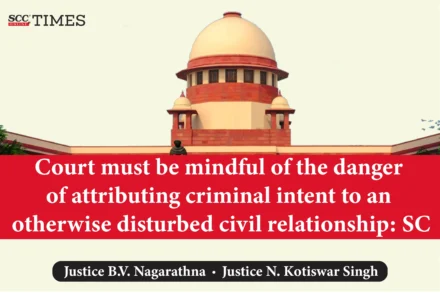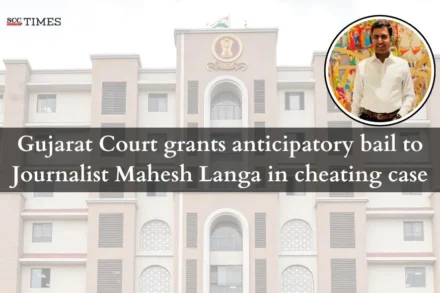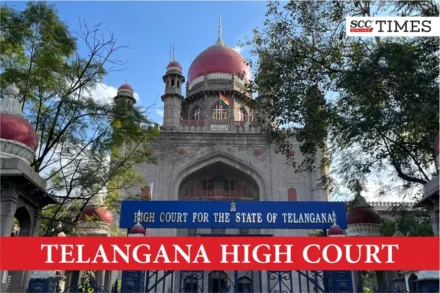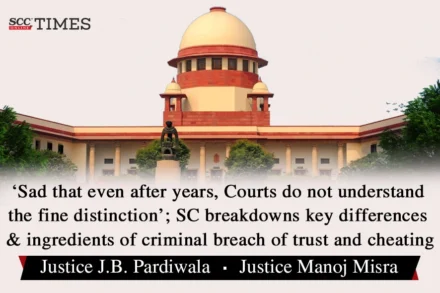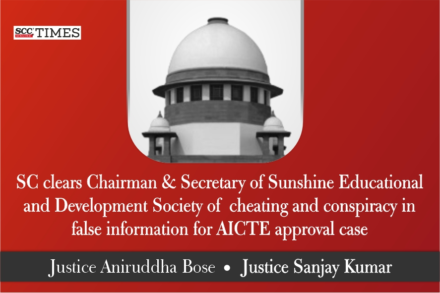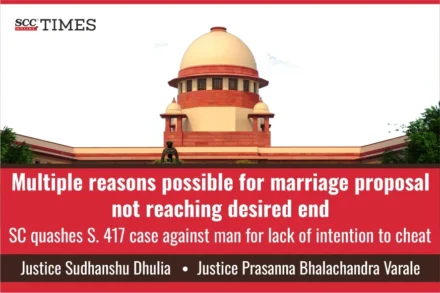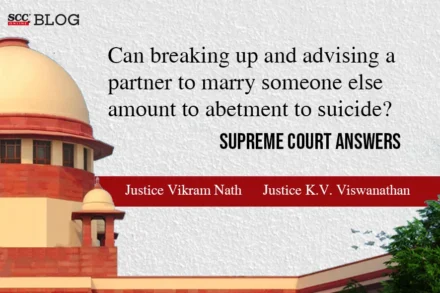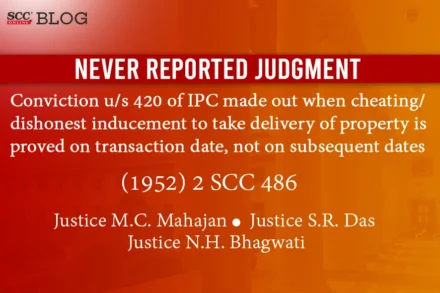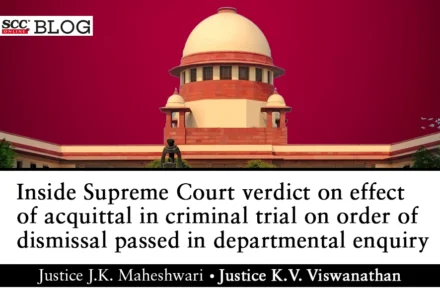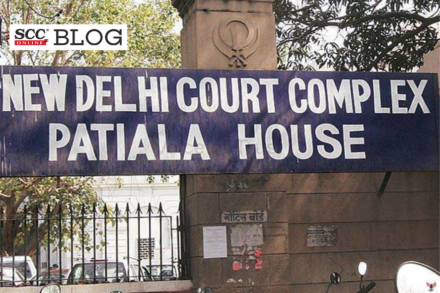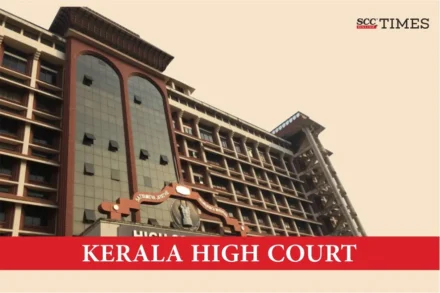
Purpose of Zero FIR under BNSS is to ensure victims can file complaints regardless of jurisdiction: Kerala HC directs Magistrate to reconsider DBS Bank application to register FIR
“Under Section 173(1) of BNSS, the police cannot refuse to register an FIR on the ground of “not having territorial jurisdiction” over the offence for the reason that some part of the offence was committed outside the local jurisdiction of that concerned police station.”


